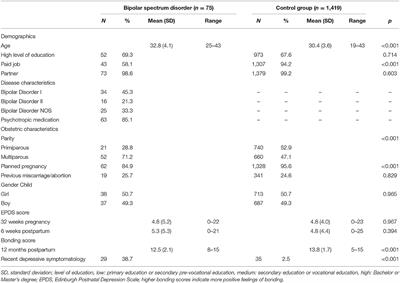EDITORIAL
Published on 30 Nov 2021
Editorial: Reproductive Events in Women With Mood Disorders: Advances in Knowledge and Management
doi 10.3389/fpsyt.2021.767983
- 1,144 views
- 1 citation
14k
Total downloads
82k
Total views and downloads
Select the journal/section where you want your idea to be submitted:
EDITORIAL
Published on 30 Nov 2021
ORIGINAL RESEARCH
Published on 10 Sep 2021

ORIGINAL RESEARCH
Published on 06 Jul 2021

REVIEW
Published on 11 Jun 2021
BRIEF RESEARCH REPORT
Published on 19 Mar 2021

CLINICAL TRIAL
Published on 22 Oct 2020

ORIGINAL RESEARCH
Published on 04 Sep 2020

CASE REPORT
Published on 28 Aug 2020

ORIGINAL RESEARCH
Published on 06 Aug 2020


Frontiers in Pediatrics
Frontiers in Pharmacology